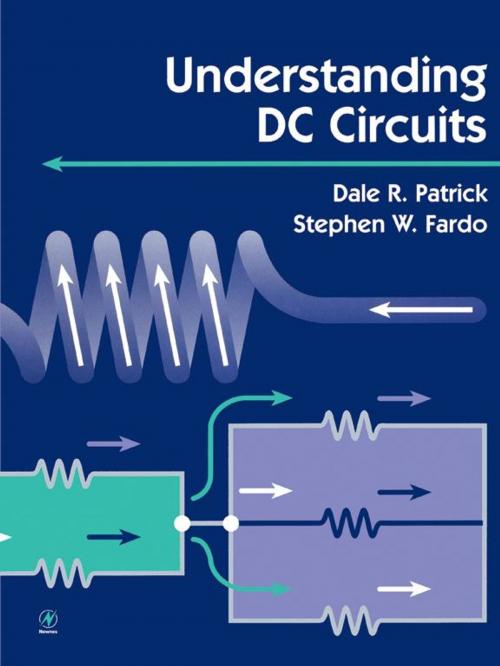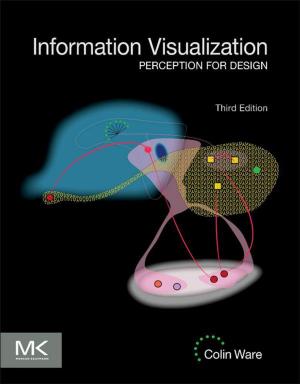Understanding DC Circuits
Nonfiction, Science & Nature, Technology, Electronics, Circuits, Industrial Design| Author: | Dale Patrick, Stephen Fardo | ISBN: | 9780080519944 |
| Publisher: | Elsevier Science | Publication: | December 20, 1999 |
| Imprint: | Newnes | Language: | English |
| Author: | Dale Patrick, Stephen Fardo |
| ISBN: | 9780080519944 |
| Publisher: | Elsevier Science |
| Publication: | December 20, 1999 |
| Imprint: | Newnes |
| Language: | English |
Understanding DC Circuits covers the first half of a basic electronic circuits theory course, integrating theory and laboratory practice into a single text. Several key features in each unit make this an excellent teaching tool: objectives, key terms, self-tests, lab experiments, and a unit exam.
Understanding DC Circuits is designed with the electronics beginner and student in mind. The authors use a practical approach, exposing the reader to the systems that are built with DC circuits, making it easy for beginners to master even complex concepts in electronics while gradually building their knowledge base of both theory and applications. Each chapter includes easy-to-read text accompanied by clear and concise graphics fully explaining each concept before moving onto the next. The authors have provided section quizzes and chapter tests so the readers can monitor their progress and review any sections before moving onto the next chapter. Each chapter also includes several electronics experiments, allowing the reader to build small circuits and low-cost projects for the added bonus of hands-on experience in DC electronics.
Understanding DC Circuits fully covers dozens of topics including energy and matter; static electricity; electrical current; conductors; insulators; voltage; resistance; schematic diagrams and symbols; wiring diagrams; block diagrams; batteries; tools and equipment; test and measurement; series circuits; parallel circuits; magnetism; electromagnetism; inductance; capacitance; soldering techniques; circuit troubleshooting; basic electrical safety; plus much more.
- Integrates theory and lab experiments
- Contains course and learning objectives and self-quizzes
- Heavily illustrated
Understanding DC Circuits covers the first half of a basic electronic circuits theory course, integrating theory and laboratory practice into a single text. Several key features in each unit make this an excellent teaching tool: objectives, key terms, self-tests, lab experiments, and a unit exam.
Understanding DC Circuits is designed with the electronics beginner and student in mind. The authors use a practical approach, exposing the reader to the systems that are built with DC circuits, making it easy for beginners to master even complex concepts in electronics while gradually building their knowledge base of both theory and applications. Each chapter includes easy-to-read text accompanied by clear and concise graphics fully explaining each concept before moving onto the next. The authors have provided section quizzes and chapter tests so the readers can monitor their progress and review any sections before moving onto the next chapter. Each chapter also includes several electronics experiments, allowing the reader to build small circuits and low-cost projects for the added bonus of hands-on experience in DC electronics.
Understanding DC Circuits fully covers dozens of topics including energy and matter; static electricity; electrical current; conductors; insulators; voltage; resistance; schematic diagrams and symbols; wiring diagrams; block diagrams; batteries; tools and equipment; test and measurement; series circuits; parallel circuits; magnetism; electromagnetism; inductance; capacitance; soldering techniques; circuit troubleshooting; basic electrical safety; plus much more.
- Integrates theory and lab experiments
- Contains course and learning objectives and self-quizzes
- Heavily illustrated















